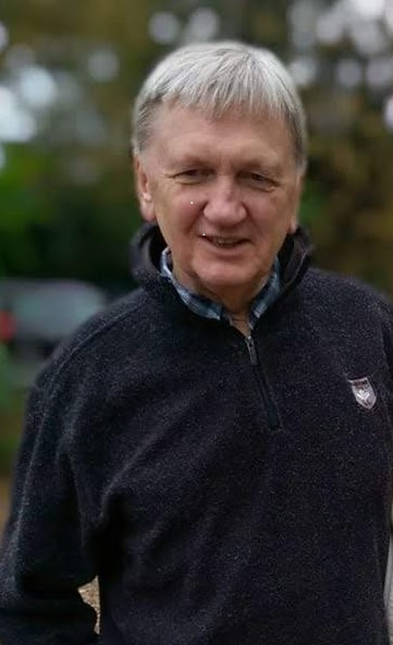An inquest touching the death of Michael Zawadzki was heard by Senior Coroner, Crispin Butler at Beaconsfield Coroner’s Court on 21- 23 February 2023 and he handed down his conclusions on 9 March 2023.
Mr Zawadzki died at Hampden Hall Care Home, Aylesbury (run by Westgate Healthcare) on 24 October 2019 after choking on a sandwich provided by a carer.

Background
Mr Zawadzki was diagnosed with dementia and was aged 69 when he was admitted to Hampden Hall in early 2019. In July 2019 he suffered a choking incident and following a SALT (Speech and Language Assessment) it was decided that he was at risk of choking and he should be only given pureed food.
The day staff followed this regime, but it became apparent that the night staff were unaware of this and on numerous occasions prior to 24 October 2019 Mr Zawadzki was given sandwiches by the night carers. Several entries for this food were signed in the care record by qualified staff covering the shifts, who at the inquest stated she had not read the entries before signing them.
On 24 October 2019 Mr Zawadzki was given a sandwich and left in his room, he was found a short while later choking. An ambulance was called and the paramedics tried to provide emergency advice to the care home staff by telephone. Upon arrival the ambulance crew tried to resuscitate Mr Zawadzki but this was unsuccessful and he was declared dead.
The main cause of death was acute upper airway obstruction (choking), with a background of dementia.
Following his death a report was made to the Coroner, Police, Care Quality Commission and the NMC (Nursing and Midwifery Council). Extensive investigations have been undertaken to consider how this repeated error occurred and what steps should be taken to prevent this occurring again.
The inquest heard how the carer was unaware Mr Zawadzki should not have been given sandwiches. The Coroner considered all the evidence he had heard and the Submissions made by legal representatives on gross negligence manslaughter and corporate manslaughter.
The elements to establish gross negligence manslaughter are:
- There was a duty of care owed to Mr Zawadzki
- There had been a breach of that duty of care
- The breach of duty gave rise to an obvious and serious risk of death
- It was also reasonably foreseeable that the breach of that duty gave rise to an obvious risk of death
- The breach of duty had caused the death
- The circumstances of the breach were truly exceptionally bad and so reprehensible as to justify a conclusion that amounted to gross negligence and required criminal sanction
The Coroner found that all the elements of the test had been met by the actions of the carer and concluded Mr Zawadzki had been unlawfully killed.
The Coroner confirmed he was going to notify the CQC (Care Quality Commission) of his findings could be considered by the relevant regulatory bodies.
Mrs Grace Zawadzki, Michael’s wife stated:
“I left Michael in Hampden Hall’s care, the day staff were aware of his dietary needs, but I never saw the night staff. On 24 October 2019 Michael’s life was cut short by an entirely preventable error. This robbed Michael of his life, from which he still had great enjoyment, it also took from his family of the opportunity to say goodbye. The investigation process has been very long and difficult, delayed by the pandemic and requirement for an extensive inquest. We hope that lessons have been learned and that no other family will have to cope with a death in such circumstances.”
The family were represented by Edward Ramsay a barrister from 12KBW and Lynda Reynolds, the family’s solicitor, and Head of Inquests.
Lynda Reynolds said:
“I help many families through inquests but rarely do I see such an obvious and preventable error that caused a death. In this situation there was a repeated error that should have been prevented by a safe system of handover of care between shifts.
“The family felt strongly that submissions on unlawful killing were appropriate given the circumstances. They understand this is a very rare conclusion for a Coroner to reach in the context of a care setting, but the failure was so basic with such serious consequences it was warranted.”



